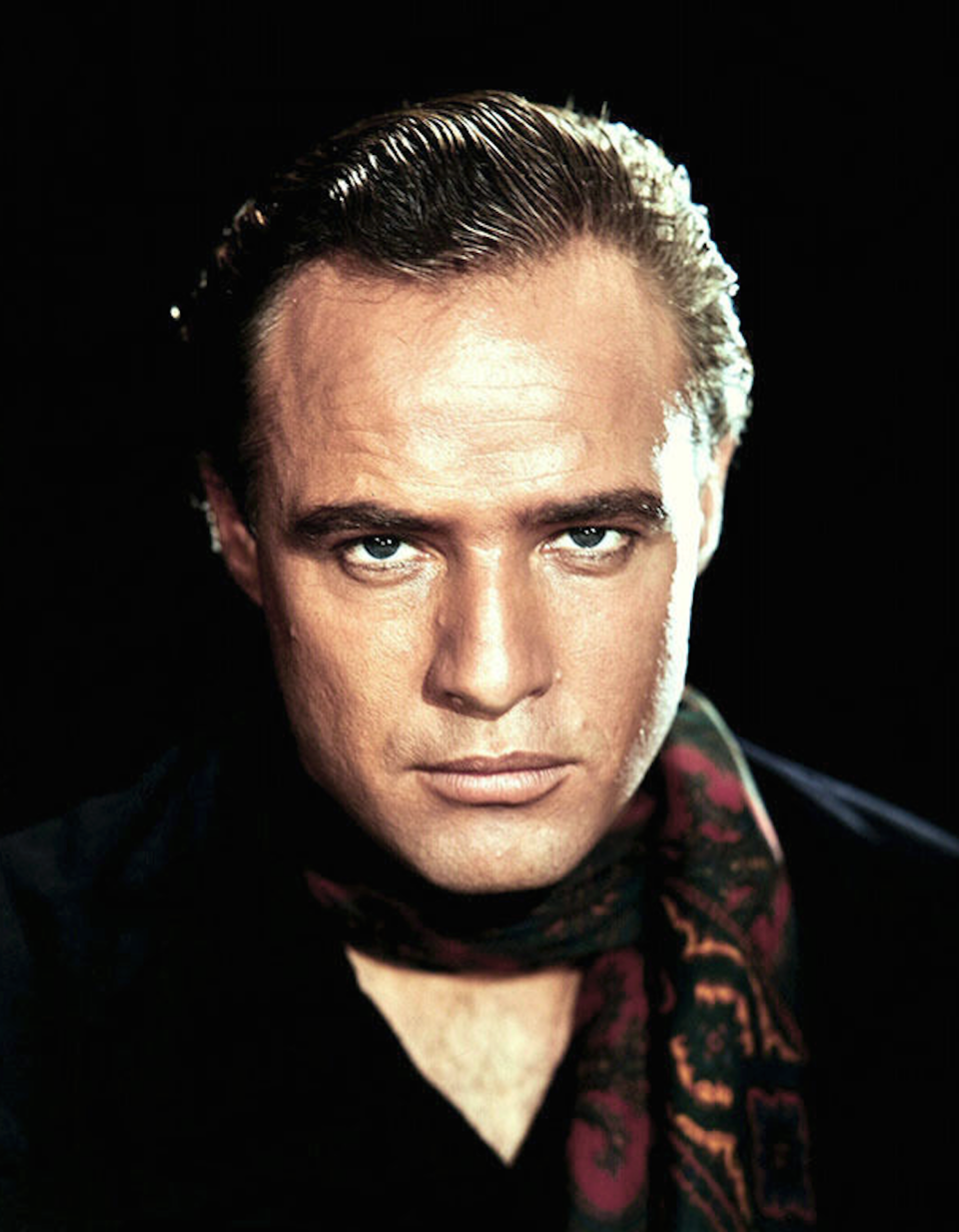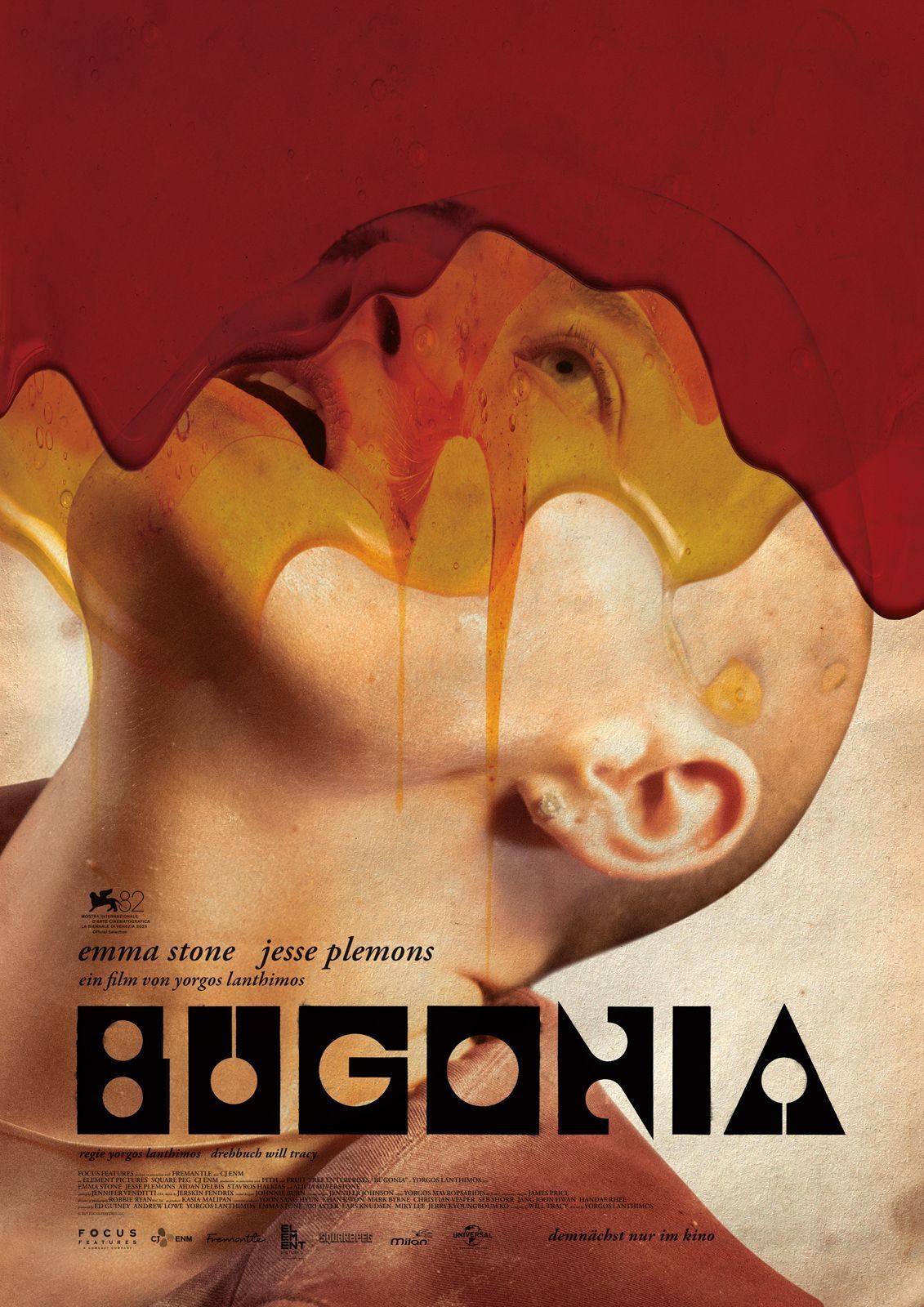
Introduction: Marlon Brando’s Cultural Importance
Marlon Brando, born on April 3, 1924, is often regarded as one of the greatest actors in the history of American cinema. His innovative techniques and raw performances brought a new authenticity to film acting, influencing generations of actors and shaping the course of modern cinema. Brando’s work not only established him as a leading figure in the industry but also sparked discussions about the role of acting in society, making him a pivotal figure in both film and cultural history.
Brando’s Influential Career
Brando’s career took off in the 1940s when he starred in plays such as ‘A Streetcar Named Desire,’ which later transitioned into his iconic film role as Stanley Kowalski. His portrayal earned him wide acclaim and opened doors for a series of groundbreaking roles, including Vito Corleone in ‘The Godfather’ (1972). This role solidified his status as a cinematic legend and won him an Academy Award for Best Actor.
Brando was known for his unique acting style, often characterised by a highly emotional approach that eschewed conventional techniques. He was a pioneer of method acting, drawing heavily from his own life experiences and emotions to inform his performances. His commitment to realism and character immersion would go on to influence prominent actors like Al Pacino, Robert De Niro, and even contemporary stars.
Controversies and Advocacy
Marlon Brando was not just a gifted actor; he was also a contentious figure. His rejection of the Best Actor Oscar in 1973, in protest against Hollywood’s portrayal of Native Americans, marked a significant moment in the film industry. This bold decision underscored his commitment to social issues and came at the cost of tremendous public scrutiny.
Brando was also vocal about labour rights in the film industry and stood against the Vietnam War, using his platform to promote causes he believed in, which further cemented his reputation as a complex and socially conscious figure.
Conclusion: Marlon Brando’s Enduring Significance
Despite his passing on July 1, 2004, Marlon Brando’s legacy endures. His contributions to acting and cinema have left a profound impact on both filmmakers and audiences alike. Today’s actors frequently cite Brando as a source of inspiration, highlighting his influence on the craft of acting.
As cinematic technology continues to evolve, the emotional depth and authenticity that Brando brought to his performances remain a benchmark for aspiring actors. His ability to navigate complex characters and convey deeply human experiences ensures that Marlon Brando will forever be remembered as a titan of American cinema.
You may also like

The Enduring Legacy of Sylvester Stallone

Unveiling the Secrets of ‘His House’

Exploring the Bugonia Movie: A Fresh Take on Storytelling
SEARCH
LAST NEWS
- Remembering Wendy Richard: The Promise to Co-Star Natalie Cassidy
- How Did Anglian Water Achieve an ‘Essentials’ Rating for Mental Health Accessibility?
- Shai Hope Leads West Indies in T20 World Cup Clash Against South Africa
- What We Know About Weston McKennie: Future at Juventus and Past at Leeds
- What We Know About the Upcoming Live Nation Antitrust Trial